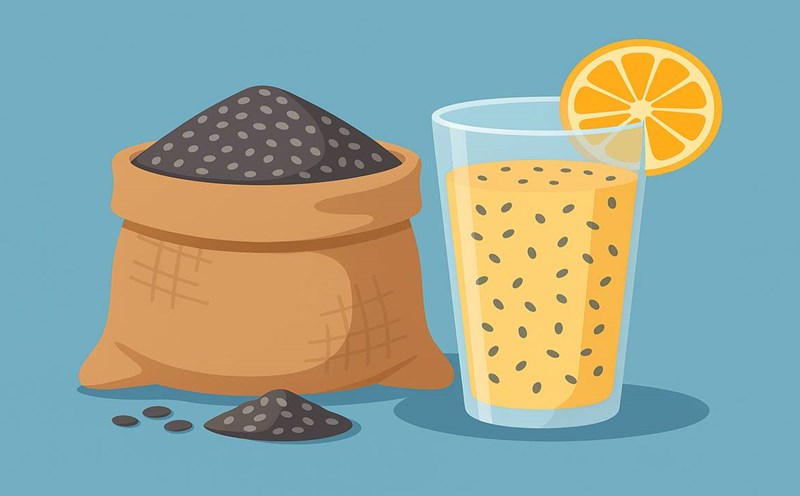Salmon is a source of high-quality protein, low in purines and rich in omega-3 fatty acids - important factors in protecting and supporting kidney function.
Omega-3 in salmon has been shown to reduce inflammation throughout the body, including inflammation in the kidneys - a common cause of chronic kidney disease. Research shows that omega-3 supplementation helps reduce urinary albumin (sign of kidney damage) in people with type 2 diabetes a high risk of kidney disease.
How to eat salmon that is good for kidney disease
However, the processing method and consumption of salmon also play a very important role. The World Health Organization recommends eating steamed, boiled or grilled salmon instead of fried to limit saturated fat and sodium - two agents that cause high blood pressure and have a negative impact on the kidneys. In addition, you should prioritize fresh salmon over canned salmon that can contain high levels of salt and preservatives.
According to recommendations, you should eat about 2 servings of fish rich in omega-3 per week, each serving is about 85100g.
For people with chronic kidney disease, it is necessary to consult a nutritionist to adjust the appropriate amount of protein. Because eating too much protein, including salmon, can put a burden on the kidneys.
Salmon is a good choice for people who want to protect their kidney health if eaten in moderation and processed healthily.











